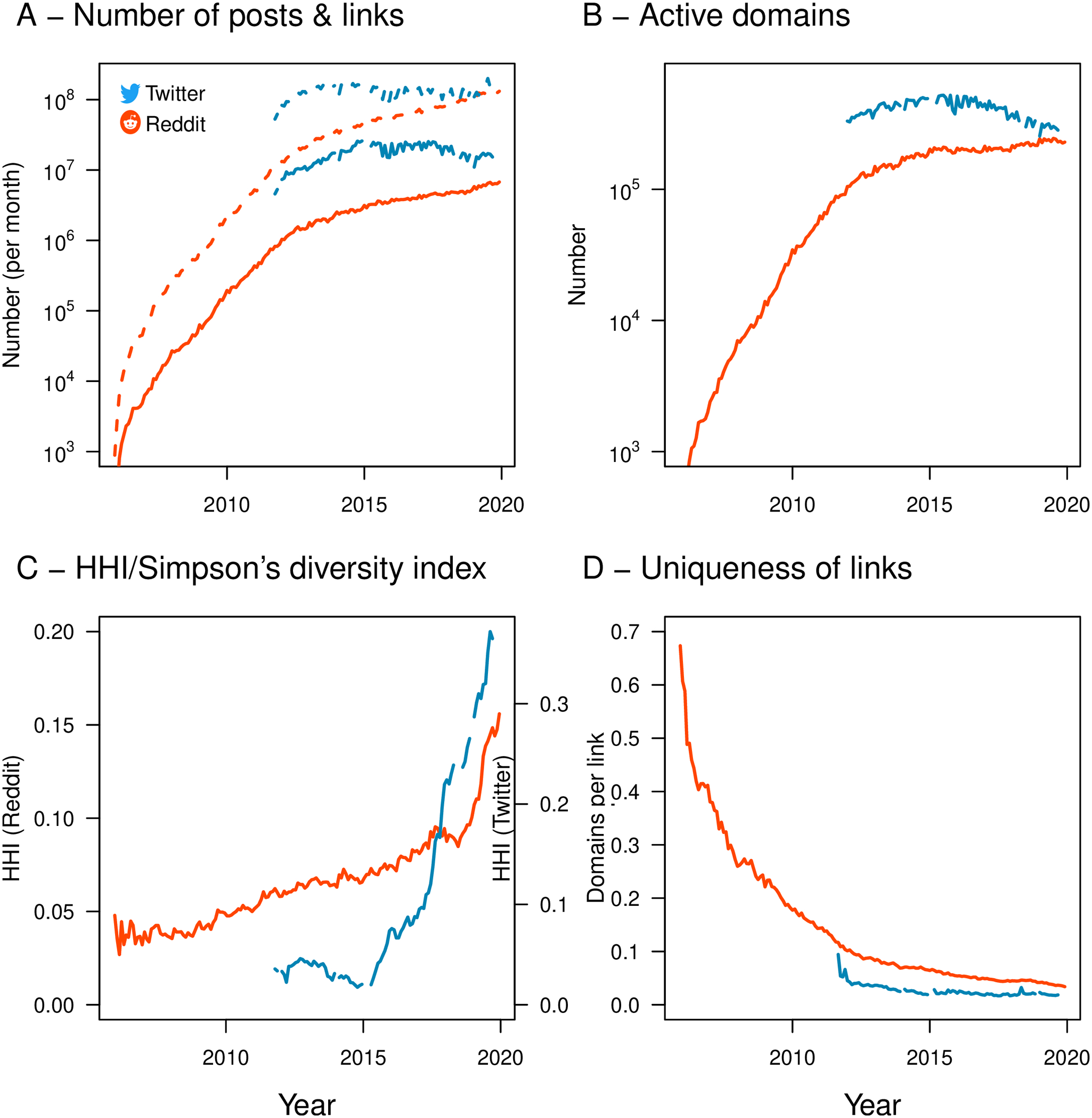|
Evangelism Marketing
Evangelism marketing is an advanced form of word-of-mouth marketing in which companies develop customers who believe so strongly in a particular product or service that they freely try to convince others to buy and use it. The customers become voluntary advocates, actively spreading the word on behalf of the company. Evangelism marketing is sometimes confused with affiliate marketing. However, while affiliate programs provide incentives in the form of money or products, evangelist customers spread their recommendations and recruit new customers out of pure belief, not for the receipt of goods or money. Rather, the goal of the customer evangelist is simply to provide benefit to other individuals. As they act independently, evangelist customers often become key influencers. The fact that evangelists are not paid or associated with any company makes their beliefs perceived by others as credible and trustworthy. Evangelism comes from the three words of 'bringing good news', and the ... [...More Info...] [...Related Items...] OR: [Wikipedia] [Google] [Baidu] |
Word-of-mouth Marketing
Word-of-mouth marketing (WOMM, WOM marketing, also called word-of-mouth advertising) is the communication between consumers about a product, service, or company in which the sources are considered independent of direct commercial influence that has been actively influenced or encouraged as a marketing effort (e.g. 'seeding' a message in a network rewarding regular consumers to engage in WOM, employing WOM 'agents'). While it is difficult to truly control word of mouth communication, there are three generic avenues to 'manage' word of mouth communication for the purpose of word-of-mouth marketing, including: * Building a strong WOM foundation (building brand loyalty, trust and satisfaction) * Indirect WOM management ( advertisement and other promotional strategies) * Direct WOMM management ( viral marketing and electronic communication) The success of word-of-mouth marketing depends heavily on the nature of the loyalty rewards used. When companies utilize poor incentives to mot ... [...More Info...] [...Related Items...] OR: [Wikipedia] [Google] [Baidu] |
Saturn Corporation
The Saturn Corporation, also known as Saturn LLC, was an American automobile manufacturer, a registered trademark established on January 7, 1985, as a subsidiary of General Motors. The company was an attempt by GM to compete directly with Automotive industry in Japan, Japanese imports and transplants, initially in the American compact car market. The company was known for its 'no-haggle' sales technique. Saturn marketed itself as a "different kind of car company" and operated quasi-independently from its parent company,—comprehensively introducing a new car, dealer network, pricing structure, workforce and independently managed manufacturing plant in Spring Hill, Tennessee. The first cars themselves launched five years after the company's inception, and they advanced GM's spaceframe construction—manifesting Saturn's market proposition with their dent-resistant polymer exterior panels. Over time, as Saturn drained resources from GM's extensive brand network, the brand would be ... [...More Info...] [...Related Items...] OR: [Wikipedia] [Google] [Baidu] |
Diffusion Of Innovations
Diffusion of innovations is a theory that seeks to explain how, why, and at what rate new ideas and technology spread. The theory was popularized by Everett Rogers in his book ''Diffusion of Innovations'', first published in 1962. Rogers argues that diffusion is the process by which an innovation is communicated through certain channels over time among the participants in a social system. The origins of the diffusion of innovations theory are varied and span multiple disciplines. Rogers proposes that five main elements influence the spread of a new idea: the innovation itself, adopters, communication channels, time, and a social system. This process relies heavily on social capital. The innovation must be widely adopted in order to self-sustain. Within the rate of adoption, there is a point at which an innovation reaches critical mass. In 1989, management consultants working at the consulting firm Regis McKenna, Inc. theorized that this point lies at the boundary between the ... [...More Info...] [...Related Items...] OR: [Wikipedia] [Google] [Baidu] |
Crowdsourcing
Crowdsourcing involves a large group of dispersed participants contributing or producing goods or services—including ideas, votes, micro-tasks, and finances—for payment or as volunteers. Contemporary crowdsourcing often involves digital platforms to attract and divide work between participants to achieve a cumulative result. Crowdsourcing is not limited to online activity, however, and there are various historical examples of crowdsourcing. The word crowdsourcing is a portmanteau of "crowd" and "outsourcing". In contrast to outsourcing, crowdsourcing usually involves less specific and more public groups of participants. Advantages of using crowdsourcing include lowered costs, improved speed, improved quality, increased flexibility, and/or increased scalability of the work, as well as promoting diversity. Crowdsourcing methods include competitions, virtual labor markets, open online collaboration and data donation. Some forms of crowdsourcing, such as in "idea competiti ... [...More Info...] [...Related Items...] OR: [Wikipedia] [Google] [Baidu] |
Buzz Marketing
Marketing buzz or simply buzz—a term used in viral marketing—is the interaction of consumers and users with a product or service which amplifies or alters the original marketing message. This emotion, energy, excitement, or anticipation about a product or service can be positive or negative. Buzz can be generated by intentional marketing activities by the brand owner or it can be the result of an independent event that enters public awareness through social or traditional media such as newspapers. Marketing buzz originally referred to oral communication but in the age of Web 2.0, social media such as Facebook, Twitter, Instagram and YouTube are now the dominant communication channels for marketing buzz. Strategies Some of the common tactics used to create buzz include building suspense around a launch or event, creating a controversy, or reaching out to bloggers and social media influencers. Social media participants in any particular virtual community can be divided into three ... [...More Info...] [...Related Items...] OR: [Wikipedia] [Google] [Baidu] |
Brand Loyalty
In marketing and consumer behaviour, brand loyalty describes a consumer's persistent positive feelings towards a familiar brand and their dedication to purchasing the brand's products and/or services repeatedly regardless of deficiencies, a competitor's actions, or changes in the market environment. It's also demonstrated with behaviors such as positive word-of-mouth advocacy. Corporate brand loyalty is where an individual buys products from the same manufacturer repeatedly and without wavering, rather than from other suppliers. In a business-to-business context, the term source loyalty is also used.Wind, Y.Industrial Source Loyalty ''Journal of Marketing Research'', Volume 7, No. 4 (November 1970), pp. 450-457, accessed on 22 January 2025 Loyalty implies dedication and should not be confused with habit, its less-than-emotional engagement and commitment. Businesses whose financial and ethical values (for example, ESG responsibilities) rest in large part on their brand lo ... [...More Info...] [...Related Items...] OR: [Wikipedia] [Google] [Baidu] |
Starbucks
Starbucks Corporation is an American multinational List of coffeehouse chains, chain of coffeehouses and Starbucks Reserve, roastery reserves headquartered in Seattle, Washington. It was founded in 1971 by Jerry Baldwin, Zev Siegl, and Gordon Bowker at Seattle's Pike Place Market initially as a coffee bean wholesaler. Starbucks was converted into a coffee shop serving espresso-based drinks under the ownership of Howard Schultz, who was chief executive officer from 1986 to 2000 and led the aggressive expansion of the franchise across the West Coast of the United States. the company had 35,711 stores in 80 countries, 15,873 of which were located in the United States. Of Starbucks' U.S.-based stores, over 8,900 are company-operated, while the remainder are licensed. It is the List of coffeehouse chains, world's largest coffeehouse chain. The company is ranked 120th on the Fortune 500, ''Fortune'' 500 and 303rd on the Forbes Global 2000, ''Forbes'' Global 2000, as of 2022. Th ... [...More Info...] [...Related Items...] OR: [Wikipedia] [Google] [Baidu] |
Harley Davidson
Harley may refer to: People * Harley (given name) * Harley (surname) Places * Harley, Ontario, a township in Canada * Harley, Brant County, Ontario, Canada * Harley, Shropshire, England * Harley, South Yorkshire, England * Harley Street, in London, England Other * Harley-Davidson, an American motorcycle manufacturer ** Harley Owners Group (H.O.G.), a club for Harley-Davidson motorcycle owners * Harley Benton Guitars, a brand name created by German music instrument retailer Thomann * '' Harley Lyrics'', a 14th-century collection of poems * ''Harley Street'' (TV series), a British television medical drama * Harley Collection, a collection of manuscripts in the British Library * The Harley School, a school in Rochester, New York * Harley Psalter, an 11th-century illustrated manuscript See also * Harley Quinn (other) * * Harleigh (other) * Harly, a commune in France * Harly Forest, a hill range in Germany {{disambig, geo ... [...More Info...] [...Related Items...] OR: [Wikipedia] [Google] [Baidu] |
Harley Owners Groups
The Harley Owners Group (HOG) is a sponsored community marketing club, operated by Harley-Davidson for enthusiasts of that brand's motorcycles. The HOG is "the grandaddy of all community-building efforts," serving to promote not just a consumer product, but a lifestyle. The HOG has also served to open new revenue streams for the company, with the production of tie-in merchandise offered to club members, numbering over one million strong, making it the largest factory-sponsored riding club in the world. The Harley-Davidson community was the prototype for the ethnographic term ''subculture of consumption'', defined as "a distinctive subgroup of society that self-selects on the basis of a shared commitment to a particular product class, brand, or consumption activity." The Harley Owners Group was created in 1983 as a way to build longer-lasting and stronger relationships with Harley-Davidson's customers, by making ties between the company, its employees, and consumers. HOG memb ... [...More Info...] [...Related Items...] OR: [Wikipedia] [Google] [Baidu] |
Network Effects
In economics, a network effect (also called network externality or demand-side economies of scale) is the phenomenon by which the value or utility a user derives from a good or service depends on the number of users of compatible products. Network effects are typically positive feedback systems, resulting in users deriving more and more value from a product as more users join the same network. The adoption of a product by an additional user can be broken into two effects: an increase in the value to all other users (''total effect'') and also the enhancement of other non-users' motivation for using the product (''marginal effect''). Network effects can be direct or indirect. Direct network effects arise when a given user's utility increases with the number of other users of the same product or technology, meaning that adoption of a product by different users is complementary. This effect is separate from effects related to price, such as a benefit to existing users resulting fro ... [...More Info...] [...Related Items...] OR: [Wikipedia] [Google] [Baidu] |
Affiliate Marketing
Affiliate marketing is a marketing arrangement in which Affiliate (commerce), affiliates receive a wiktionary:commission, commission for each visit, signup or sale they generate for a merchant. This arrangement allows businesses to Outsourcing, outsource part of the Sales, sales process. It is a form of performance-based marketing where the commission acts as an Economic incentive, incentive for the affiliate; this commission is usually a percentage of the price of the product being sold, but can also be a flat rate per referral. Affiliate marketers may use a variety of methods to generate these sales, including Organic search, organic search engine optimization, paid search engine marketing, e-mail marketing, content marketing, display advertising, organic social media marketing, and more. Though the largest companies run their own affiliate networks (for example Amazon), most merchants join affiliate networks which provide reporting tools and payment processing. History Ori ... [...More Info...] [...Related Items...] OR: [Wikipedia] [Google] [Baidu] |
Two-sided Market
A two-sided market, also called a two-sided network, is an intermediary economic platform having two distinct user groups that provide each other with network benefits. The organization that creates value primarily by enabling direct interactions between two (or more) distinct types of affiliated customers is called a multi-sided platform. This concept of two-sided markets has been mainly theorised by the French economists Jean Tirole and Jean-Charles Rochet and Americans Geoffrey G Parker and Marshall Van Alstyne. Two-sided networks can be found in many industries, sharing the space with traditional product and service offerings. Example markets include credit cards (composed of cardholders and merchants); health maintenance organizations (patients and doctors); operating systems (end-users and developers); yellow pages (advertisers and consumers); video-game consoles (gamers and game developers); recruitment sites (job seekers and recruiters); search engines (advertisers and user ... [...More Info...] [...Related Items...] OR: [Wikipedia] [Google] [Baidu] |





